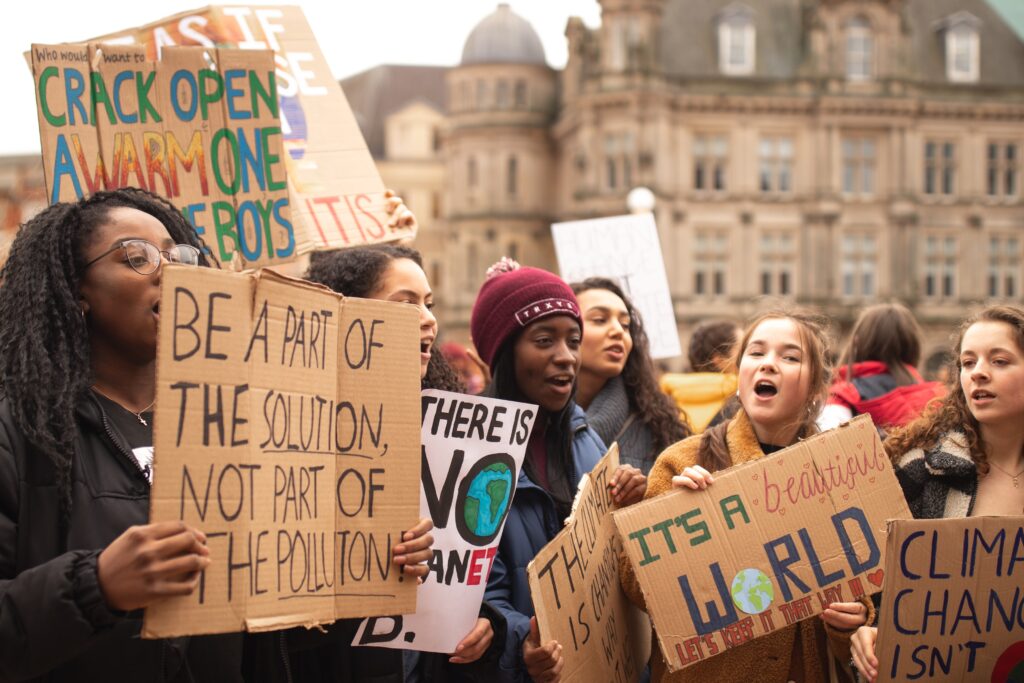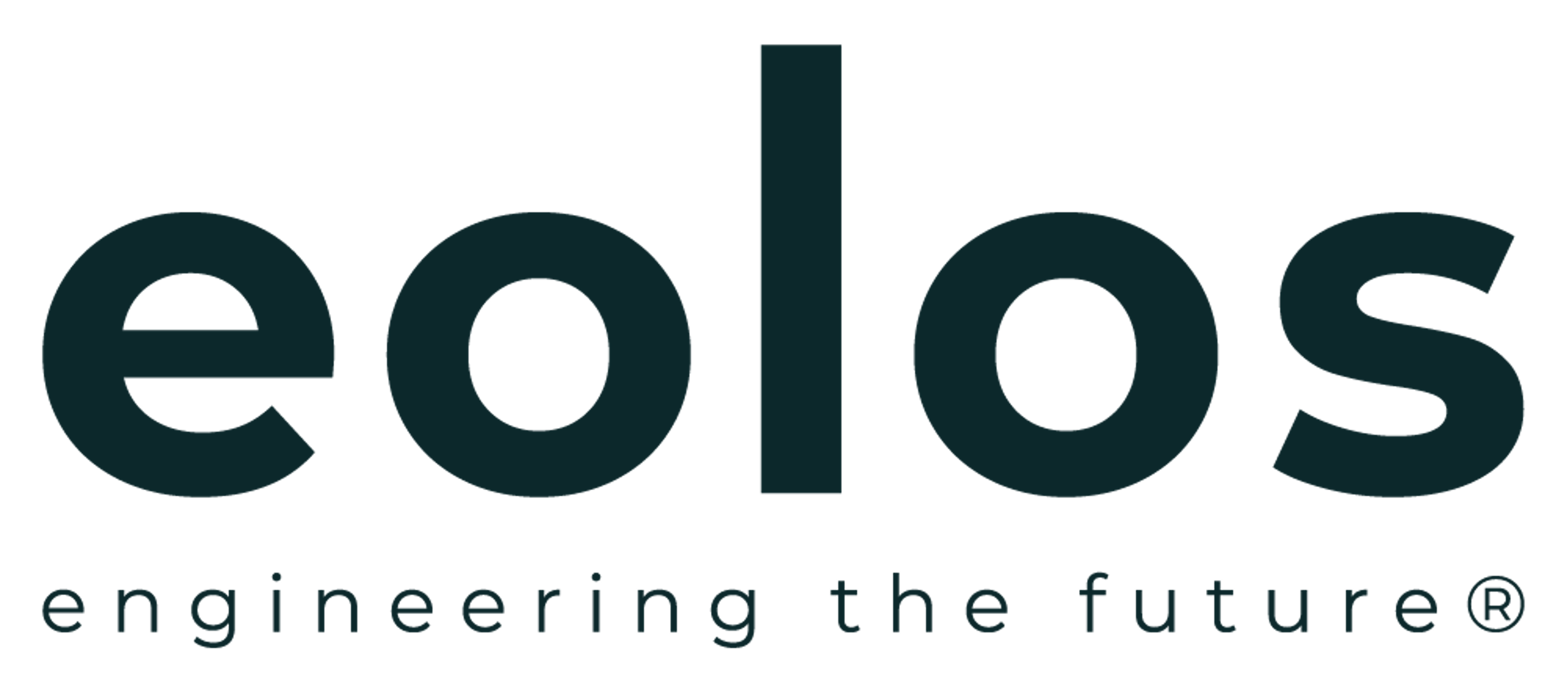Detailed Scope 3 Carbon Footprint

In a 6-month project with a locomotive lessor, we provided a Company Carbon Footprint, auditing Scopes 1&2 and assessing Scope 3 emissions. Granular analysis offered actionable levers for environmentally-conscious asset purchasing strategies. The GHG Protocol-compliant report facilitated future internal assessments.
Efficient Carbon Footprinting Tool

We collaborated with Austria’s ÖBB for 3 months to provide them with a tailored tool for accurate Company Carbon Footprint assessment and prioritization of improvements. Working with TU Graz, we identified top CO2 emitters and conducted workshops, empowering ÖBB to manage its carbon footprint effectively.
The role of industries in climate change mitigation

The IPCC report underscores rising greenhouse gas emissions, mainly from industry. Declining low-emission technology costs and increased usage aid mitigation of climate change. Decarbonization, sustainable options, international cooperation, and policy implementation are vital for a net-zero industry and climate resilience.
Les mots de l’engagement climatique : on parle de quoi?

S’exprimer malgré un vocabulaire mouvant et construire un consensus sémantique entre les milieux. Les préoccupations environnementales se font plus pressantes et les entreprises et gouvernements sont encouragées à déclarer leurs objectifs d’émissions de gaz à effet de serre.
The window of opportunity to address climate change is decreasing

This article highlights climate change’s adverse impacts on humans and ecosystems, exacerbating vulnerability and global inequalities. These details are in the IPCC report. Climate risk depends on mitigation and adaptation efforts. Integrating these measures enables climate-resilient development. Maladaptation can be avoided with inclusive, long-term planning.
Environmental Sustainability Fundamentals

The circular economy (CE) helps achieve sustainability by maximizing resource value and minimizing waste. While sustainability encompasses people, profit, and planet, CE principles address resource extraction, production, and consumption. Regulations and business model adaptations contribute to this transformation.
Carbon Emissions & the Industry

To achieve net-zero emissions by 2050, industries must understand and reduce their carbon footprint. The focus has shifted from emissions per product to absolute emissions reduction. Governments and businesses must collaborate, leveraging disruptive innovation, circular economy principles, and resource value retention frameworks to achieve balance between resource use and future planetary protection.
Et si on verdissait les ports français?

« Fixer le cap » : c’est l’ambition de la nouvelle stratégie nationale portuaire, qui s’inscrit dans le plan de relance français, afin de (re)positionner les ports relance économique et de la transition écologique. Parce que demain il n’y aura qu’une croissance: La croissance Verte Bleue La France c’est plus de 20 000 kilomètres de côtes, […]


